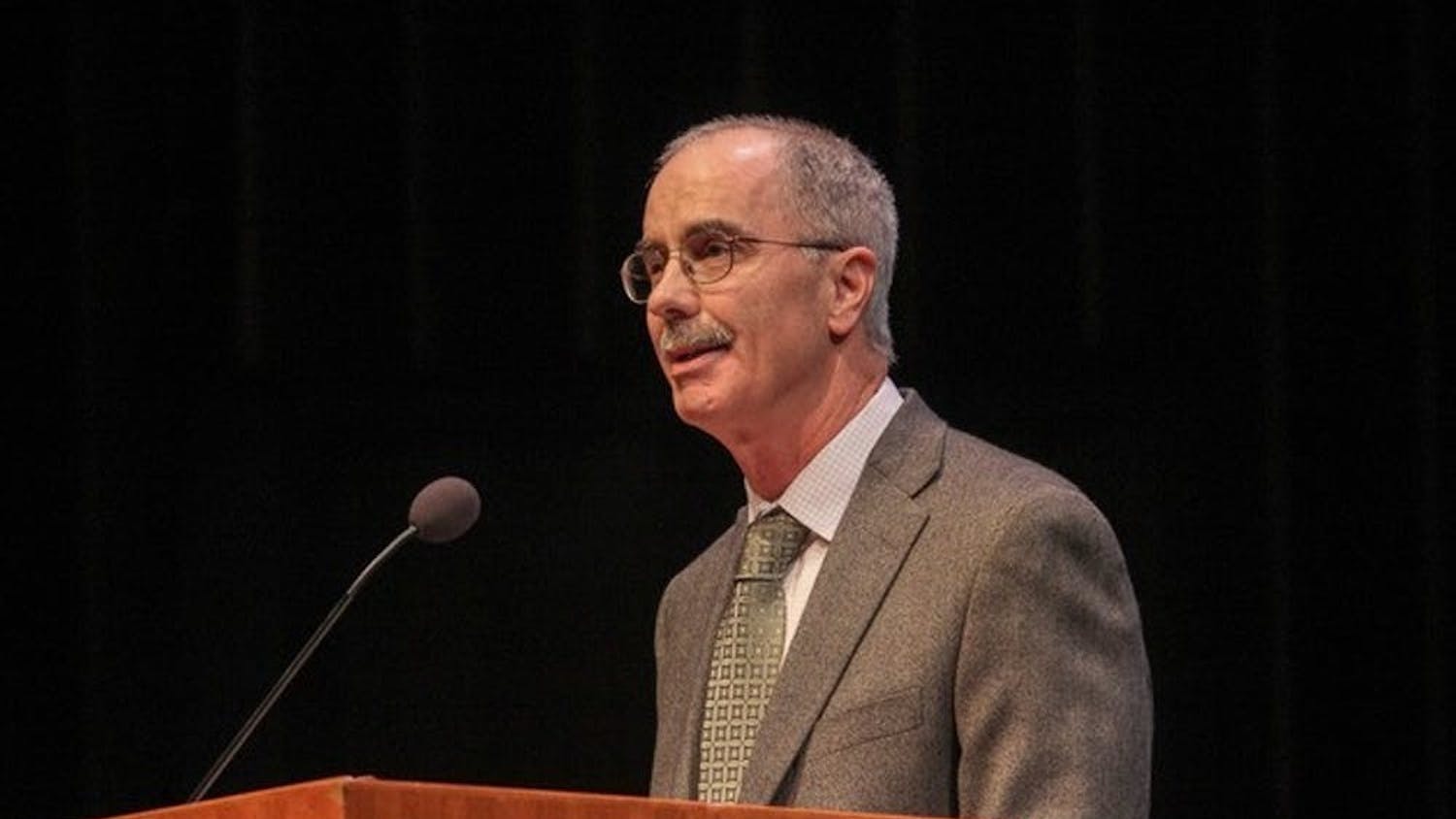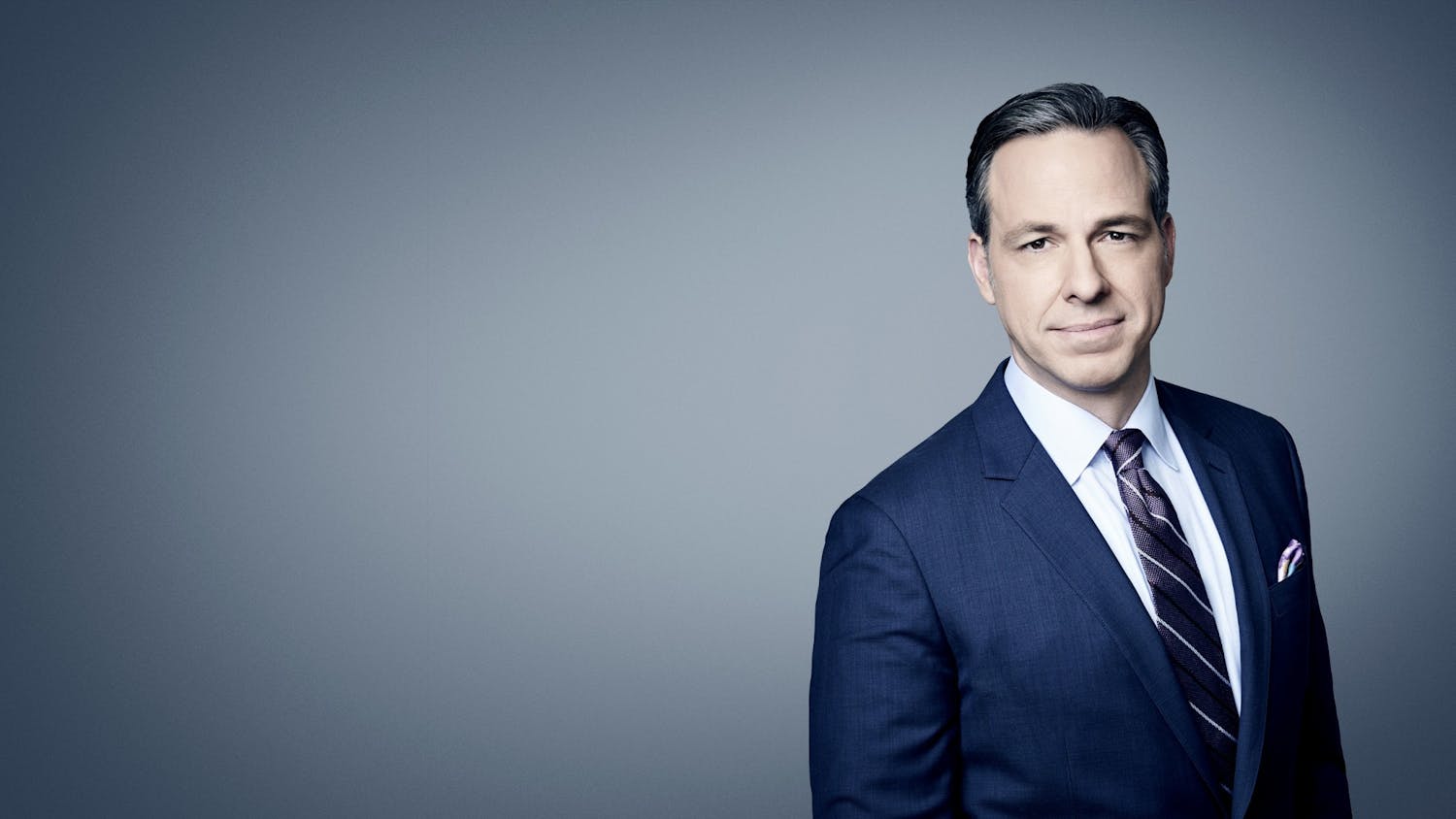Since German reunification, Chancellor Angela Merkel has led Germany for more time than all other chancellors combined. From November 2005 to the present, Merkel has led not only her center-right party, the Christian Democratic Union of Germany, but the largest economy and most populous nation in the EU. She has won widespread praise for her steady leadership in times of crisis: the Great Recession, the European migrant crisis and more recently the COVID-19 pandemic. She has governed as a moderate — and won the support of her fellow citizens in four separate federal elections — even as reactionary politics have gained a foothold in other European countries.
But now, in light of Merkel’s decision to stand down and not run in the upcoming September elections, the focus turns to what a post-Merkel Germany will look like. And there’s reason to believe that Merkel’s absence will expose the weaknesses of European democracy and embolden political zealots unfit to carry on her legacy.
Unlike the U.S., where the head of the executive branch is elected independently, the German chancellor is the head of the ruling coalition in the Bundestag, the German federal parliament. Merkel’s CDU, along with its sister party, the Christian Social Union of Bavaria, have never won a majority of seats. But by consistently winning a plurality of seats under Merkel’s leadership, the CDU has succeeded by forming governing coalitions with smaller parties. Put another way, Merkel’s ability to remain in power has been contingent on her working with other parties to find common ground. Now that Merkel is stepping down, will this political tradition of collaboration and compromise remain intact? Merkel was renowned for her statesmanship and policy chops, two things that are in short supply these days. As such, her absence may well lead to a vacuum of leadership, which will in turn breathe new life into fringe political movements — such as Alternative für Deutschland, Germany’s foremost far-right party.
For starters, it is likely that the next chancellor will be from either the CDU or CSU. That’s reassuring, right? The two main contenders to lead Germany’s center-right into September’s elections are Armin Laschet of the CDU, close Merkel ally and premier of the state of North Rhine-Westphalia, and Markus Söder, the brash premier of Bavaria and leader of the CSU. In normal times, there would be a moderating effect on each man’s brand of politics through a necessary partnership with another party, like the Greens or the Social Democrats. But that collaboration is no longer a guarantee: Populism is on the rise in Europe, and populist parties will no doubt exploit Merkel’s absence to exert their own influence in the Bundestag. Experts are already warning that a vacuum of stable, decisive and trusted leadership in Germany may further weaken an already strained EU. Fiery figures like Jörg Meuthen of the far-right AfD have already vowed to oppose the CDU’s inevitable attempts to form a governing coalition. Likewise, personalities on the left have made clear their unwillingness to cooperate — a foreboding sign indeed.
With no party likely to win an outright majority of seats in September, German citizens and world leaders may find themselves waiting weeks, if not months, before a new chancellor is “officially” installed. Even with Merkel’s policy views, the new chancellor won’t enjoy nearly as much personal support from the country’s citizens. This alone could derail the country’s ambitions in a post-Merkel era.
Of course, Germany’s success is not entirely dependent on its political leadership. The country has the fourth-largest GDP in the world, has fared better than most countries during the pandemic, is an integral member of NATO and has well-established economic and diplomatic relationships with countries around the world. But with so much uncertainty surrounding the ability of Merkel’s successor to live up to the current chancellor’s image of steady leadership, pragmatism and efficiency, the upcoming change in leadership starts to look more like a pothole in the road than a smooth exit ramp. Don’t take my word for it — experts in international affairs are already tempering expectations and warning of a “new normal” of polarization in Germany-EU relations.
I think it’s fair to say that citizens of other EU states are far more interested in German politics than the average American is, and for good reason. Many EU countries have already had their own historical — and contemporary — “scares” with political extremism, so what happens in Germany ought to be viewed in the larger context of political trends across the continent. However, Americans — more than their European friends — could actually learn the most by analyzing the effects of new leadership in a country thousands of miles away. Many Americans have adopted an insular view of world affairs: seeing the United States as the dominant player, and dismissing the importance of having strong, politically stable allies.
To be clear, I am not predicting the downfall of Germany — but I would urge caution in blindly assuming that Germany will make a seamless transition to a successful post-Merkel era. In fact, I’d even say that Merkel’s presence alone has kept populists from seizing control of the Bundestag. But just as children may be tempted to act out of line when their mother isn’t looking, so too may fringe political movements try to exploit the power vacuum left in the wake of a “battle-tested” authority figure.
In March, Germany’s two major center-right two parties will decide who will lead them into September’s general election and likely succeed Angela Merkel as chancellor. However, with all the chaos that has gone on of late (both in Europe and the U.S.), non-German political observers would be wise to remain cautious and brace for the possibility of instability in what has been for the past 15 years one of the most stable countries in all of Europe. In fact, we all have an obligation to pay attention to the internal affairs of a country that is indeed a key player on the world stage: Germany. Auf Wiedersehen! to Merkel: but a reluctant Willkommen to a tumultuous year ahead.



